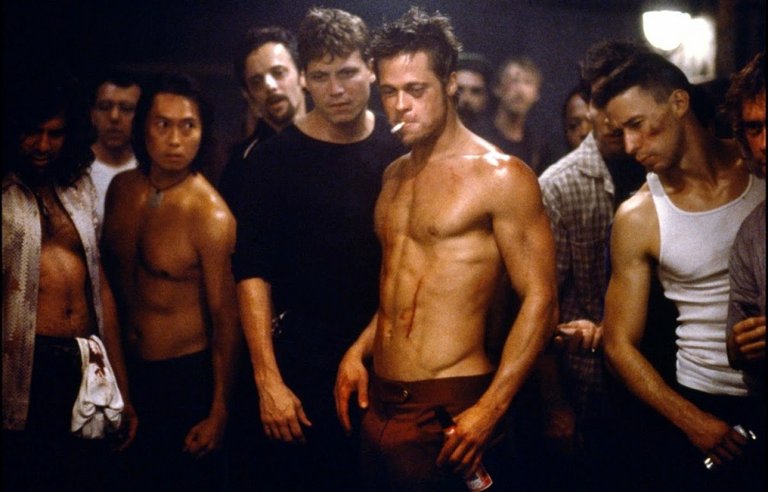Make an effort to understand others. Make an effort to see what they see. Make an effort to see how they see. Make an effort to see why they see.
So many people impose their views and ways of seeing onto everyone else. This of course is never going to yield accurate feedback - each and every person has been shaped by different contributory factors in their lives. You simply cannot impose your way of looking at the world on everyone and expect them to simply agree with you. Sadly, this is what so many do and is what leads to so many conflicts - not only on a personal level but on a global level too.
Each person accumulates a different set of experiences including beliefs, customs, personalities, habits, ways of communicating, even word definitions - everything really. For example, one person may regard a word like authority in an extremely negative way due to personal experiences in which they believed "authority" was involved in some way. Compare this to someone who regards authority in a positive light and sees it as a constructive tool in building a society. If these two people were to come together to deal with some scenario or conversation about "authority" while having two very different definitions and judgements of the word - unless they take the time to come to a mutual understanding regarding the nature of the word and agree that the word will have one specific definition for the duration of their time together then there will almost certainly be some form of conflict. These (all too common) situations show how inconsiderate and self-centered we actually are - we do not even take a moment to make sure that we are actually talking about the same thing.
How many relationships crumble because the partners cannot find "common ground"? The reality here is that they have not made the effort to create the common ground by developing mutual understanding of each other and, most importantly, words. Words create our worlds. Each encounter you have with someone else will include an exchange of words. It is how we communicate and share ourselves.
Sometimes it seems like people deliberately try to create this conflict by goading each other into reactions. We get so stuck in our opinions that there is no room for any other possibilities. This is not productive, to say the least. It seems quite common for a person to work themselves up into being in a mood to fight and then try to trigger someone else to get angry enough to fight with them (obviously I mean in terms of arguments more than physical altercations). They would look for the specific words that will illicit a response from someone and then bite down into the conflict.
Another aspect of this point of understanding of each other comes in where we could really develop our understanding of ourselves and each other by investigating how we come to be the way we are and see the way we see (views & opinions). I mean this in terms of all aspects of humanity - the good and the bad. Take Hitler for example - if we investigate what actually led to him becoming the man he was we can prevent it from happening again. If we could see the specific thought patterns that he participated in, the specific beliefs that triggered emotional reactions within him then we would have a map of how he got to where he was.

I originally wrote this post: http://activistsjourneytolife.blogspot.co.za/2015/01/day-687-were-all-members-of-fight-club.html